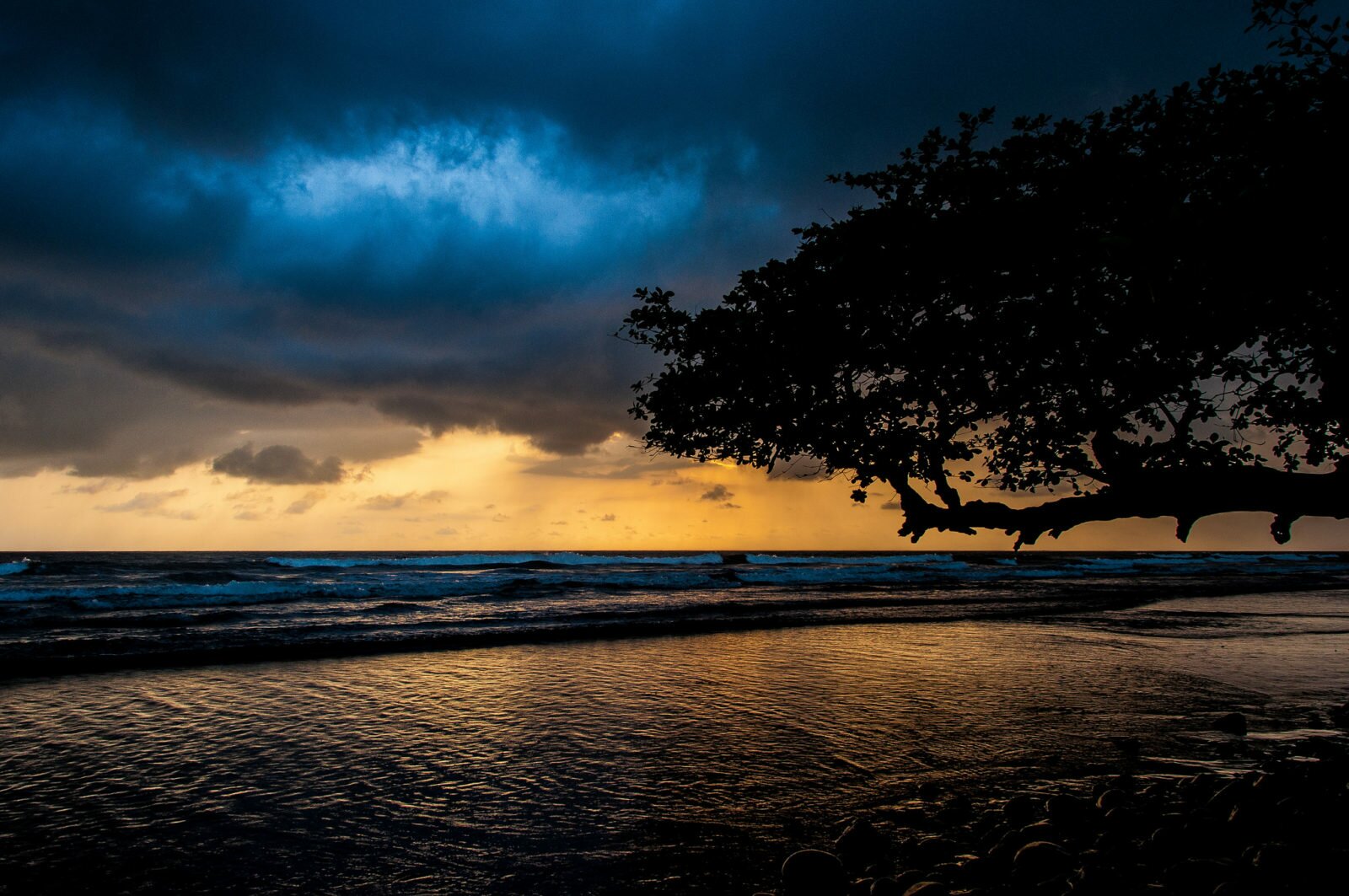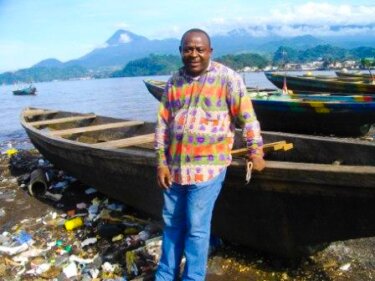In Cameroon, the national grid faces power outages while sustainable energy blossoms
Amid electricity blackouts, reporter Elias Ntungwe Ngalame finds great potential for sustainable energy innovation in Cameroon's seaside communities.

My energy reporting trip to Limbe and Idenau, Cameroon in early February 2016 was an exciting one. On my first day in Limbe, there was a blackout that lasted from 6 p.m. to dawn.
“This is interesting,” I said to myself. The blackout gave me a sense that I was in the right place for an energy story.
“How regularly does Limbe experience such blackouts?” I asked Wimbledon Hotel reception attendant Thaduis Quindia. “On a daily basis, especially during the dry season,” he replied.
Unfortunately, Thaduis was not far off. Lodging at the Wimbledon Hotel I slept without lights for three out of five days. There was even a blackout at 8:20 p.m. on February 10, while the President of the Republic, Paul Biya, was addressing youth on the eve of 2016 National Youth Day. “This country is terrible. Can you believe the electricity utility company censoring the president’s speech with a power outage?” lamented one of the occupants of the hotel.
It later emerged that the blackout was virtually nationwide. This suggests that only those institutions and households with alternative energy were fortunate enough that day to listen to our head of state.
The use of alternative energy like biogas, solar energy, and diesel-powered generation is quite visible, especially by business operators in petrol stations, bars, bakeries and so on. Travelling to most of the rural areas was quite perilous, requiring the use of motor bikes, in most cases, because of the impracticable state of the mostly dirt roads. This was my experience travelling from Limbe to Batoke beach.

I also observed that many people were afraid to talk to the press and give negative testimonies that, they said, dragged the image of the ruling government into disrepute. (The inhabitants of the coastal area of Limbe have had two of their compatriots as Prime Minister under the current regime, and all belong to the ruling CPDM party.)
That said, the picture was not all gloom in this seaside resort community. There was a lot of glamour and attraction to entice any first-time visitor. Limbe, Idenau and the vicinity provide amazing touristic opportunities like climbing, hiking and nature sightseeing. The landscape is diverse and ranges from tropical rainforest to savannah. A nearby snow-capped mountain summit descends to waterfalls and caves, while the Limbe Botanic Garden boasts endangered animals, trees, medicinal plants, and flowers.
From the University of Buea to the seaside resort town of Limbe, you are surrounded by miles of lush greenery, part of the vast Cameroon Development Corporation’s palm oil and rubber plantation. With Mount Cameroon in the background the landscape is simply marvelous.
The resource potential here, including energy, is formidable. At the University of Buea, where solar engineers are trained, the authorities admit that investing in people and infrastructure development is important if Cameroon is to overcome energy shortages, rural poverty and climate change-related issues. They say that up until now, Cameroon's engineers and entrepreneurs have lacked the skills needed to develop clean energy projects like solar power and biogas production. But with the training of local engineers beginning in 2013, the situation on the ground is changing and is expected to be even better in the future.
